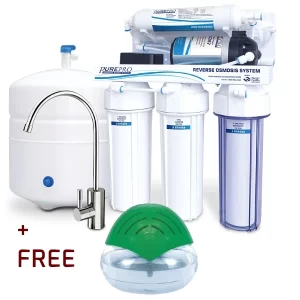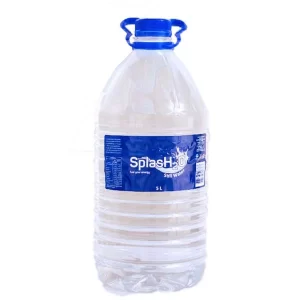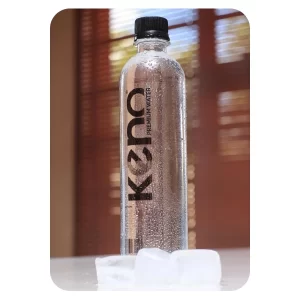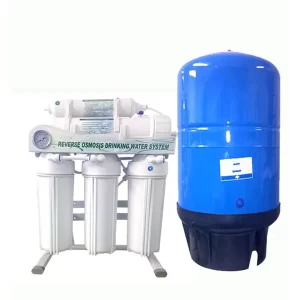Living in Botswana at some point you will come across a situation where you ask yourself where can I buy prepaid water in Botswana. If this answer is yes and you needed water but did not know where to get it, this is the article for you. We will give you insights on the different types of water available and where to buy them and why you should consider buying water prepaid instead of postpaid.
Where you can buy prepaid water
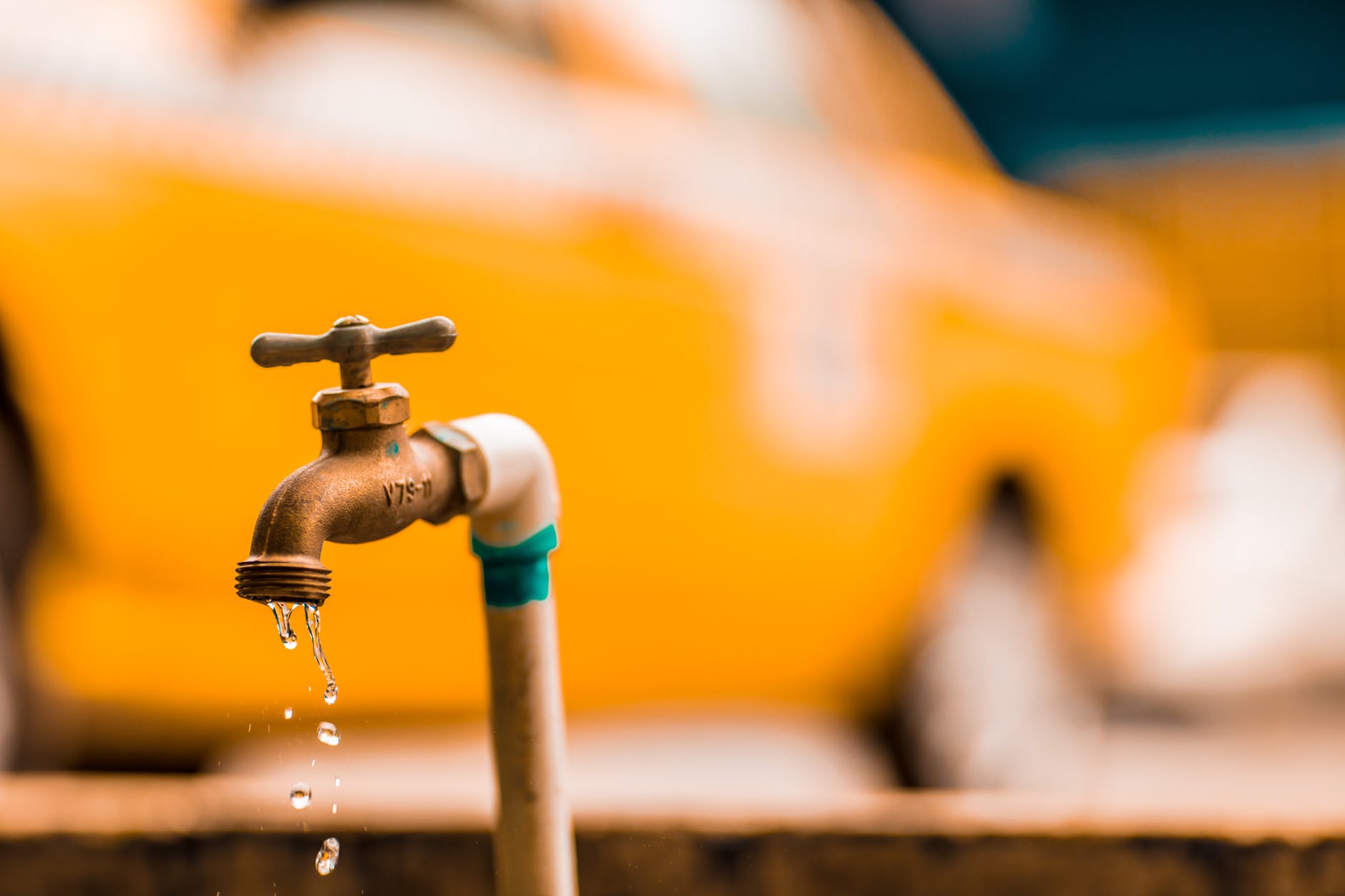
To get started, prepaid water in essence means that you purchase water before you consume it. You will need to store the water somewhere. Another definition for prepaid water is buy water credits in advance and redeeming water when you need it by using a prepaid water token or access card. In Botswana, prepaid water tokens are inserted into a special water terminal.
Stand pipes as they are well known across Botswana have water terminals to accept your token. The token instructs the water terminal to allow a certain amount of water through the meter before closing.
We have included all ways of buying water and storing water for future use as prepaid water. therefore, here is a quick list of the 4 main places you can buy prepaid water in Botswana
1. Stand Pipes by Water Utilities Corporation
Water Utilities Corporation also known as WUC, has water stand pipes in areas of Botswana that do not have an active service connection directly to homes. These stand pipes serve these kinds of areas such as in Ledumadumane, Mogoditshane. A water token is obtained for free for the first time when you bring a copy of your tribal lease or title dead and ID. there after the water token is charged at P250.00. The water token grants you the ability to prepay for water and access water at any of these standpipes. It is quite affordable at a rate of P10 = 10,000 litres when you want to buy prepaid water in Botswana.
2. Water Shops
If buying prepaid water is meant strictly for personal consumption, then there is a lot of Water Shops in most popular malls and grocery stores in Botswana. You can buy prepaid water in Botswana from these water shops at a rate of P5.00 per 1 Litre.
3. Skip Hire
Another source of popular drinking water or portable water is buying prepaid water from Skip Hire. They have large water trucks and tankers that transport the water to where it is needed. Excellent for newly developing areas, or to save on tap water bills. Usually Drinking water is charged at a rate of P600 = 5000 Litres. You can use Skip Hire to buy prepaid water in Botswana.
4. Freelancers
Independent water delivery businesses do exist in Botswana. They usually have a small truck with a Jojo water tank and pump installed at the back of the truck and deliver water (usually drinking water) to anyone anywhere in Botswana. The going rate of freelance prepaid water delivery is P400-500 = 5000 Litres. This is favored by a lot of home construction workers in Botswana where tap water connection is not yet installed.
5. Bonus (Prepaid Bottled Water)
Another source of prepaid water is to buy bottled water. You can buy bottled water from any water shops or grocery store in the form of 500ml, 1 Litre, 5 Litres all the way up to 20 Litres tanks. They are the most expensive form of prepaid water as they are marketed as a consumer product.
Is prepaid water cheaper?
It depends, Prepaid and post-paid water cost theoretically should cost exactly the same. However, in Botswana depending on what kind of what you are buying and where it is sourced will have a price variance. If you are using large amounts of water for example construction it may be cheaper to buy prepaid water in Botswana from a service provider of a lower quality, thereby saving money.
The 2 Main Different Categories of Prepaid Water
Not all water is the same, you need to know what type of water you are buying based on your use case. Although this water may seem extremely pure and clean because of the name, it is usually just tap or groundwater that has been disinfected from harmful contaminants and bacteria.
As such, freshwater supplies are becoming more and more contaminated from pollution as the days go by, no disinfectant process is fully capable of removing all the harmful chemicals that the earth and waterways contain. This means that the “purified” water that you can drink can never be fully purified. Here are the different categories of water you can buy
- Hard water
- Soft water
1. Hard Water
Hard water is water that contains an appreciable quantity of dissolved minerals (like calcium and magnesium). Service providers in Botswana do sell prepaid hard water for use in construction and gardening, avoid drinking hard water.
2. Soft Water
Soft water is is treated water in which the only ion is sodium. Most service providers do sell prepaid water in Botswana as Soft Water. Also known as drinking water that can be used for home consumption such as cooking, drinking, bathing, cleaning and gardening.
What are the 8 types of drinking water?
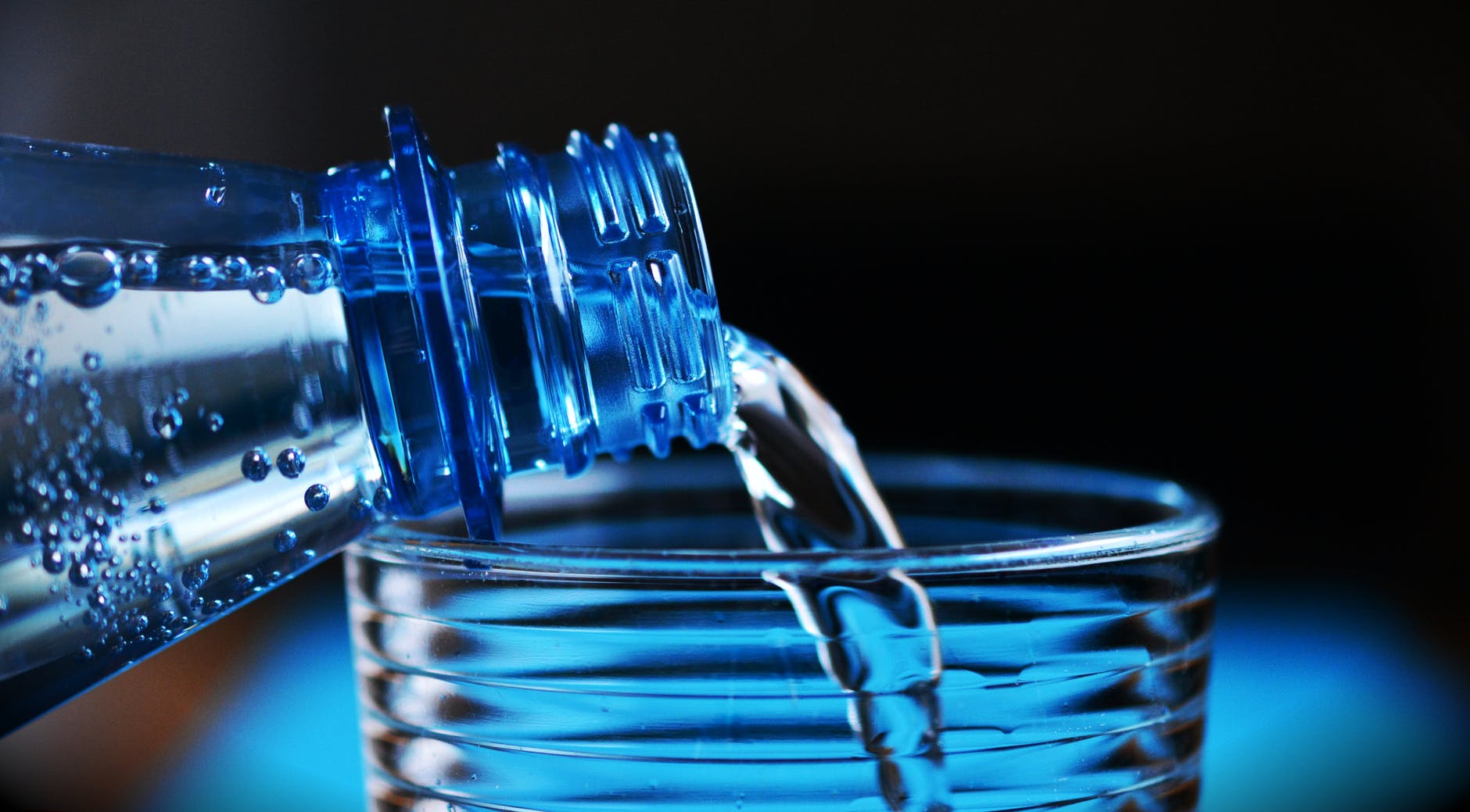
The human body is made of 70 percent of water, much of which is lost through urine and sweat, which is the reason why experts and nutritionists emphasize the need to be hydrated at all times. Before you buy prepaid water in Botswana, here are the 8 types of drinking water;
- Tap Water
- Mineral Water
- Packaged Drinking Water/Bottled water
- Spring or River Water
- Well or Borehole Water
- Distilled Water
- Rain Water
- Purified Water
1. Tap Water
this type of water is found everywhere from the water in your toilet to the water in the kitchen sink or dishwasher. Although tap water is regulated for safety and is generally safe to consume, the reality is that tap water can never be fully sanitized from environmental pollutants.
This is because as freshwater supplies (rivers, streams, oceans, etc.) are becoming more and more contaminated, tap water is at risk of carrying some of these harmful substances, as well. In fact, even public water supplies can contain serious, toxic chemicals such as pesticides, aluminum, and other harmful heavy metals. You buy prepaid water in Botswana as tap water from Standpipes littered across the country.
2. Mineral Water
As implied by the name, mineral water is pulled from a mineral spring, which is full of minerals like sulfur, magnesium, and calcium. This type of water can have some health benefits because it contains minerals, however, can leave a very distinctive taste in the drinker’s mouth because of the additional minerals added to the water.
3. Packaged Drinking Water/Bottled water
Simply put, packaged drinking water is water that has been treated with technologies such as Filtration, Reverse osmosis, UV, and Ozone in a water treatment plant and then filled into bottles/pouches and sealed. Often, in a bid to render the water “healthy,” calcium and magnesium salts are added in defined proportions to make it “mineral water”.
The lacunae in this type of water are often in the treatment processes and in the handling and distribution itself. Unless the process is foolproof by combining all the technologies in their correct order, and the handling and distribution is done hygienically; bottled or packaged drinking water may be microbiologically unsafe. Exposure of these plastic bottles to sunlight may also be responsible for some harmful chemical reactions which in turn affect the health of those who consume this water.
Installing a home water purifier and using reusable bottles made of glass or stainless steel help to overcome the problems associated with packaged drinking water sold in plastic bottles or pouches.
4. Spring or River Water
Spring Water or River Water is sourced from, as you guessed it, springs and glaciers. Since water is collected right from the source, it is generally clean, free from toxins and other unwanted particles. In some cases, depending on the spring or glacier it is collected from, the water might even be infused with vital minerals.
If you get your spring or river water from authentic brands like Source, then you can rest assured that you are getting some of the best drinking water in the world. However, it is going to be very expensive compared to regular packaged water, let alone tap water.
But don’t let the price tag let you choose other lesser-known brands. Some companies are guilty of selling raw spring or river water without testing it. As such, if it contains any toxins, germs, or bacteria, then that can get into your system and make you ill.
5. Well or Borehole Water
When it rains, water trickles down and travels through the inner crevices of the soil, beneath the ground to form underground lakes. This happens over a period of time. In rural areas, one of the primary sources of water is what is dug out from deep wells. Deep wells directly tap groundwater and bring it to the surface from which people can take their water.
6. Distilled Water
Distilled water or demineralized water is one where the water has been subjected to a treatment that removes all its minerals and salt by the process of reverse osmosis and distillation. It is an absolutely pure form of water but it is not typically recommended for drinking. It can cause mineral deficiencies because it is devoid of all salts and most of the natural minerals in the water are gone as a result of this process. Drinking this water may cause rapid sodium, potassium, chloride, and magnesium loss.
7. Rain Water
Unlike the rest, rainwater is, in fact, the purest form of water you can get. Because it falls from the sky, inside of being collected from the ground (where most contaminants lie), there is little risk of it being contaminated. Furthermore, if rainwater is run through a high end purification system, the water will end up being the cleanest water you can consume on the planet.
8. Purified Water
Although this water may seem extremely pure and clean because of the name, it is usually just tap or groundwater that has been disinfected from harmful contaminants and bacteria. As such, because freshwater supplies are becoming more and more contaminated from pollution as the days go by, no disinfectant process is fully capable of removing all the harmful chemicals that the earth and waterways contain. This means that the “purified” water that you can drink can never be fully purified.
Alternative ways to get water
An alternative way to buy prepaid water in Botswana is to use the internet to buy. Our favorite place to buy water is online on the famous online marketplace Skymartbw.

